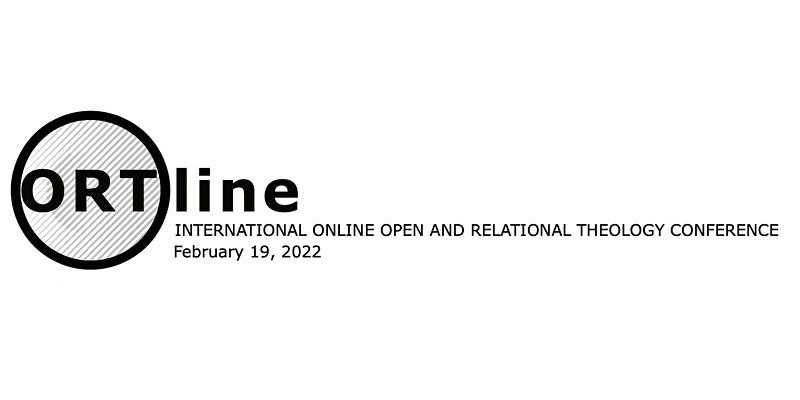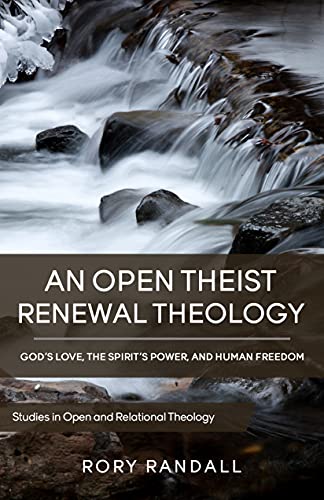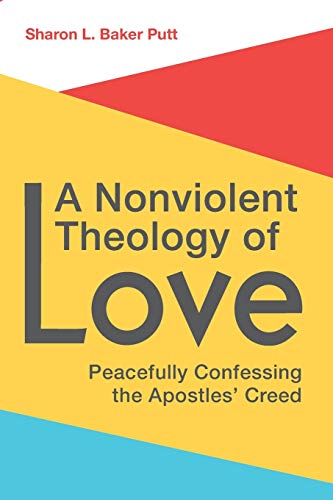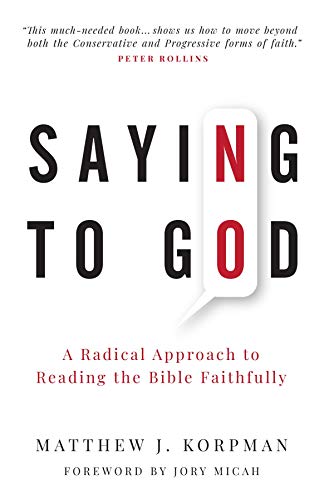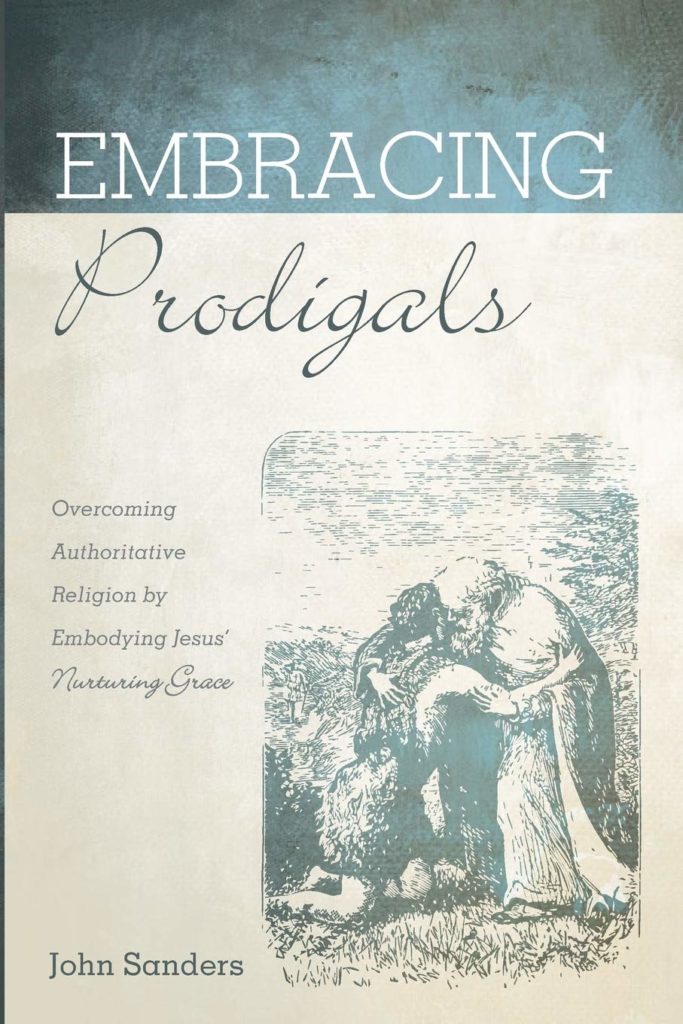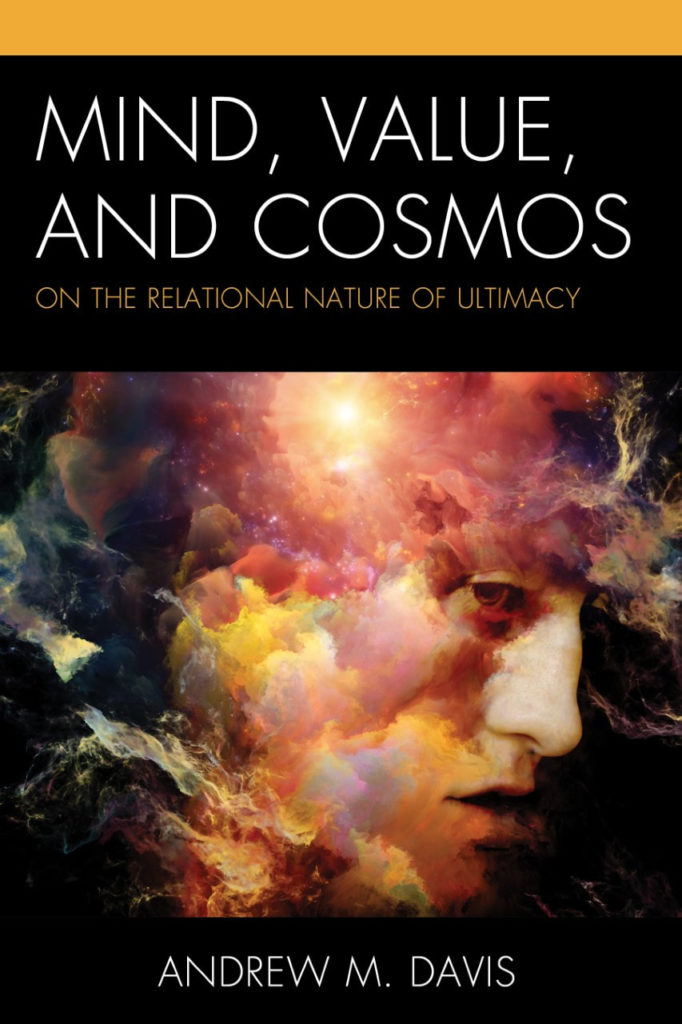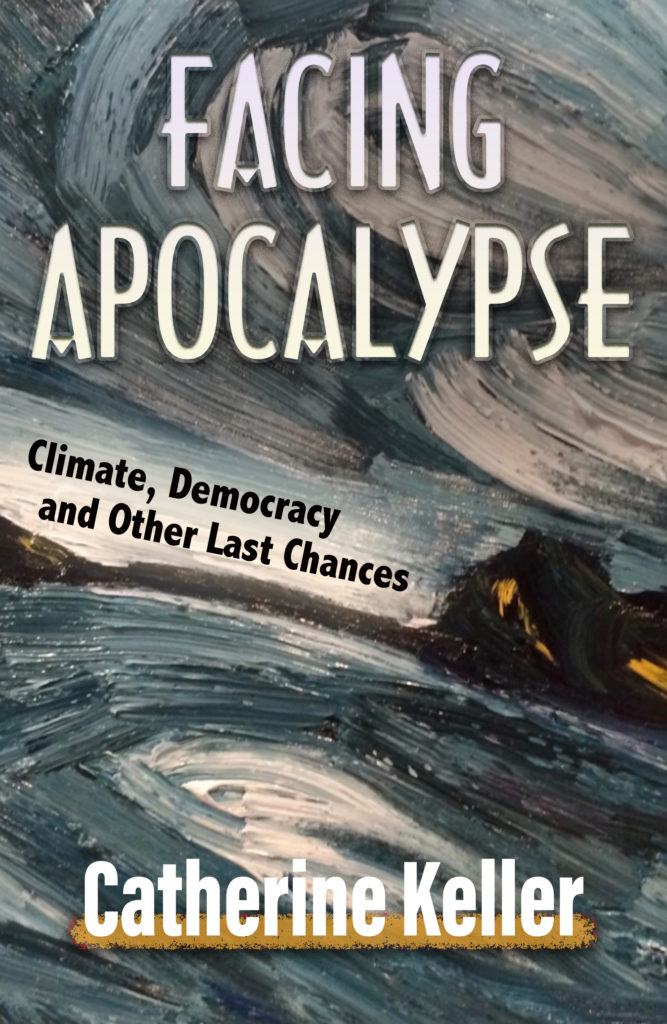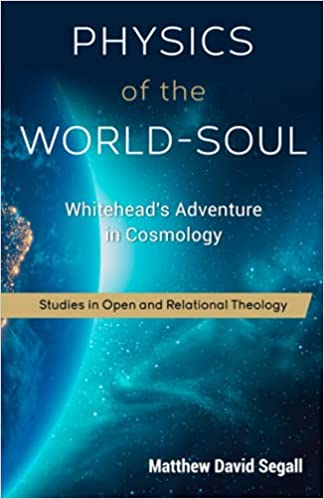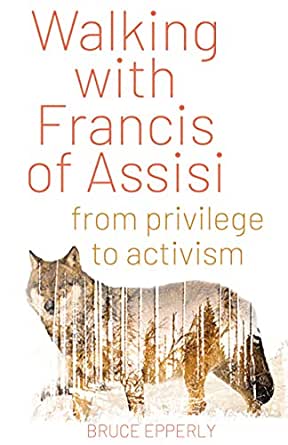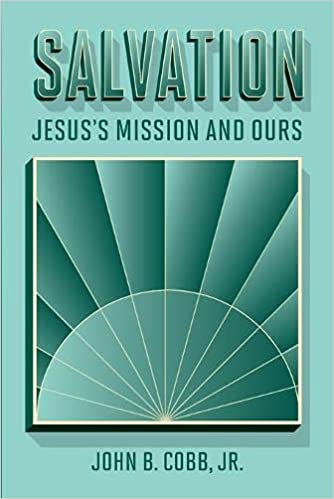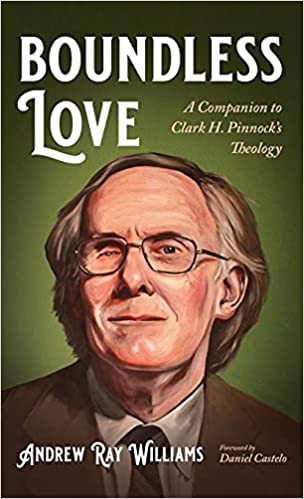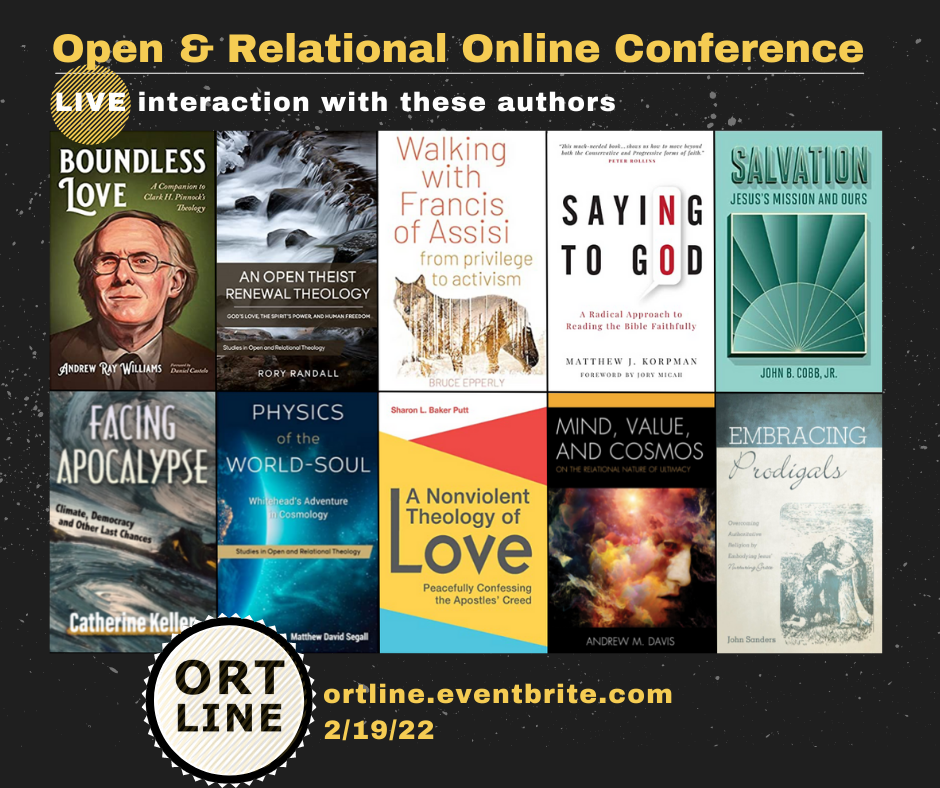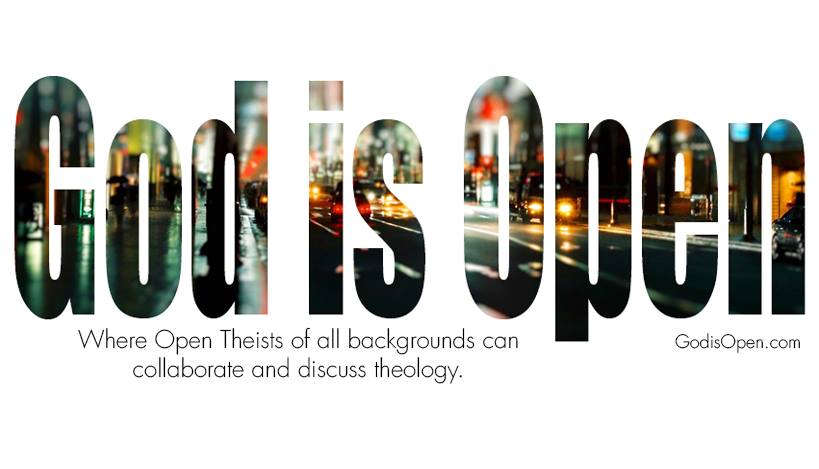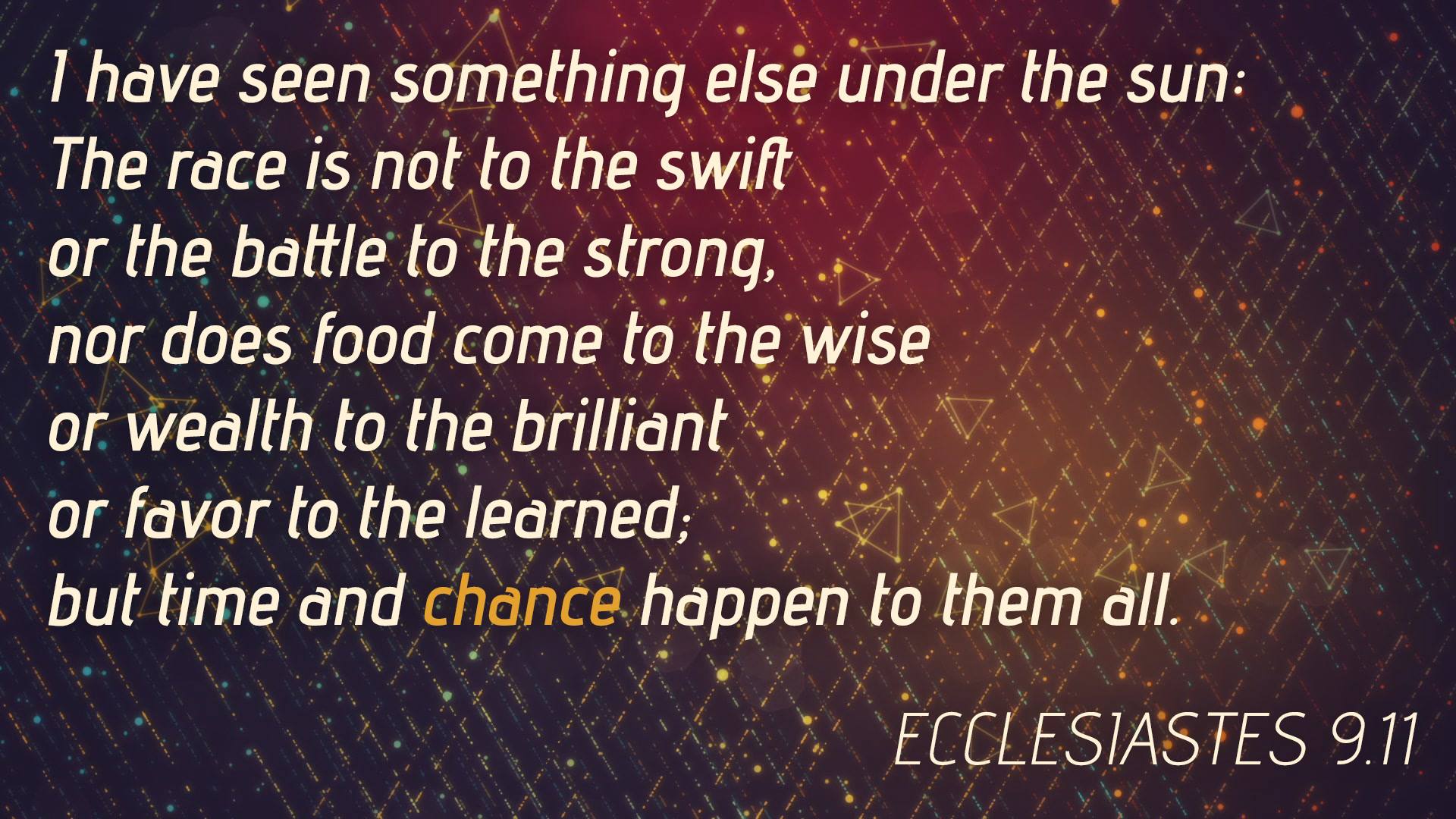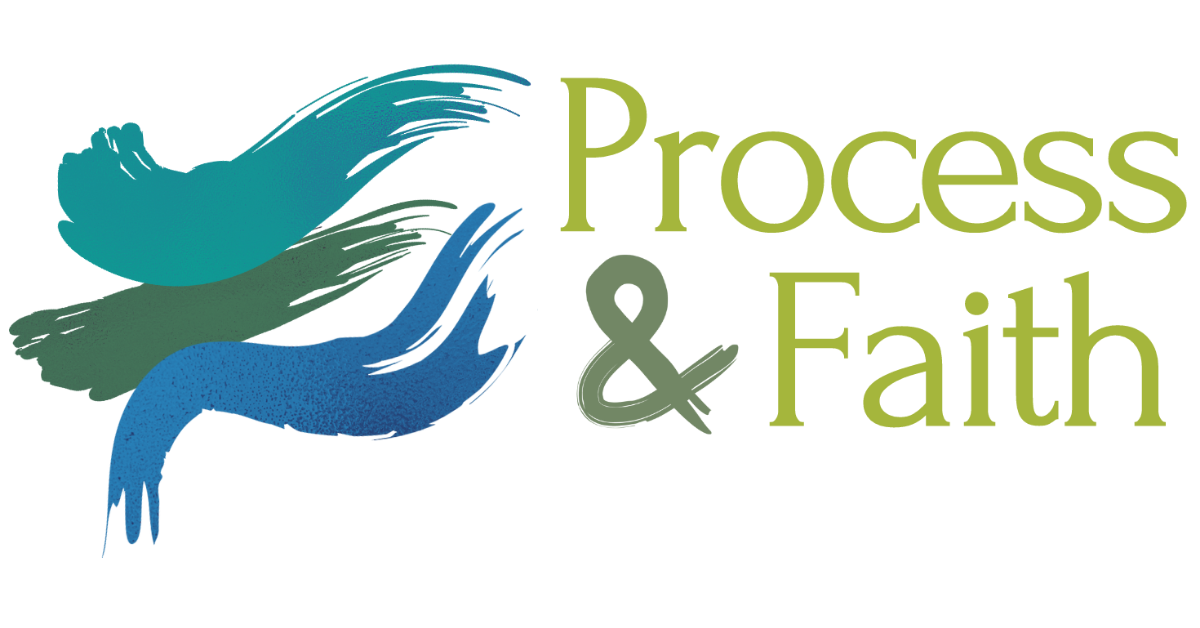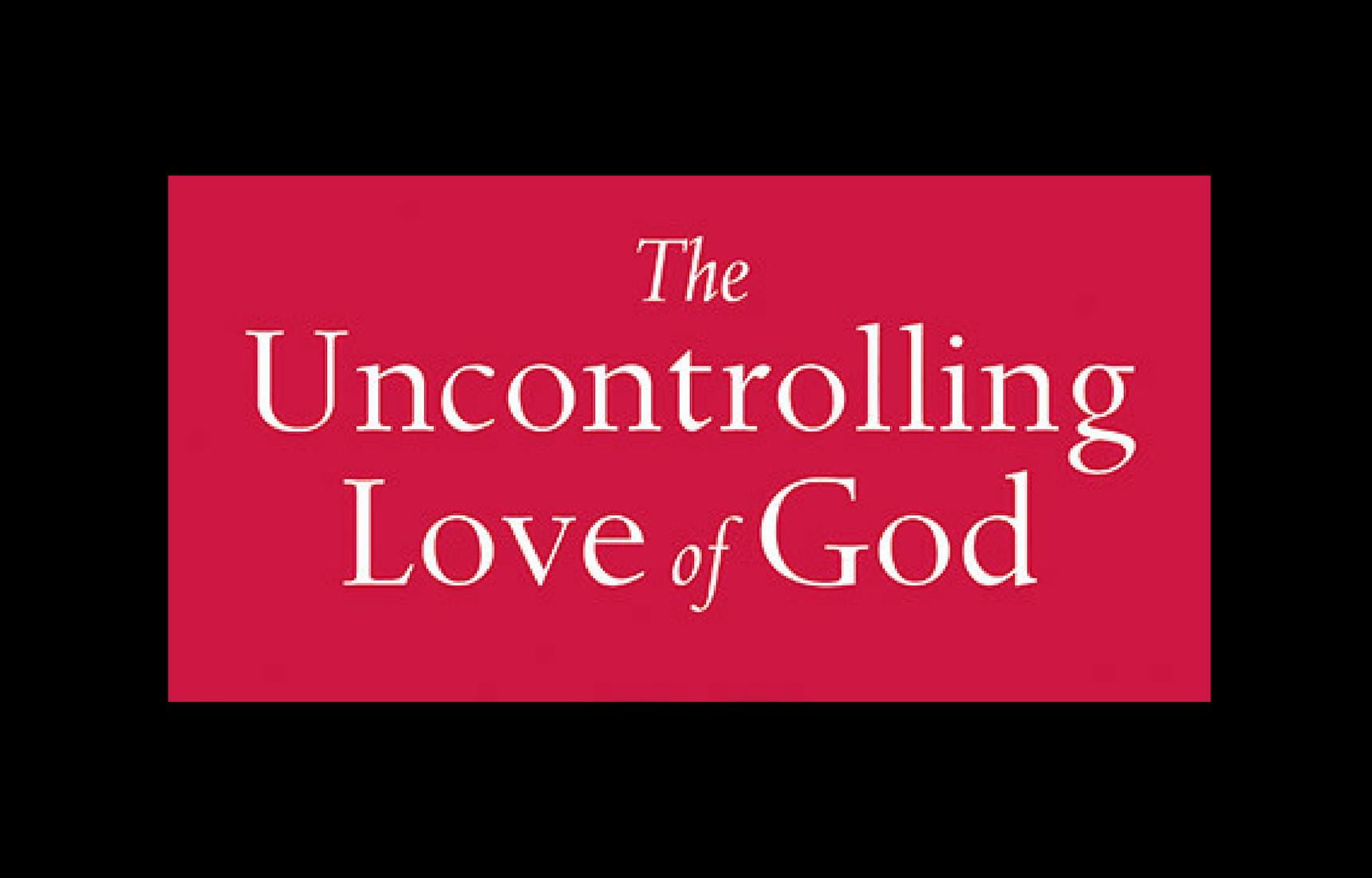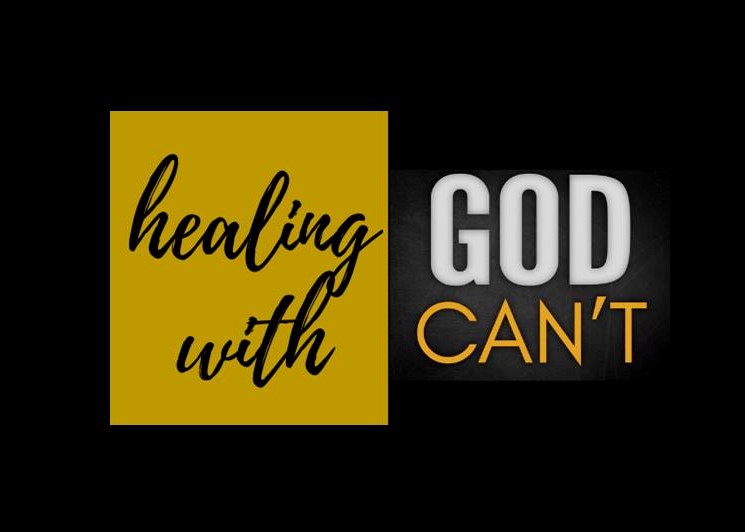Gandalf and the Open & Relational God
May 8, 2022
Gandalf + Open & Relational Theology = An Unexpected Analogy!
Part of what makes open and relational theology so attractive are its nuances, uncertainties, and variations. Ask any two open and relational thinkers for their view on God, and you will likely receive two answers. That makes sense, for these questions are so complex as to essentially demand different solutions.
Sometimes, we need to get creative to answer them; we might even need to travel to another world.
That’s what I’m going to do here. I’m going to take a little trip to Middle-earth and use Middle-earth’s favorite wizard, Gandalf, to attempt to explain how the open and relational God works.
DISCLAIMER: Tolkien was not fond of allegory, and he had no allegorical intent with his writings. Therefore, I’m not suggesting an allegorical interpretation of Gandalf; I’m suggesting literary application—an approach that Tolkien approved for his readers.
An Emissary
The first comparison to make between Gandalf and God, especially God from an open and relational perspective, is the manner in which both came to Middle-earth/Earth to interact with people. Gandalf isn’t just a regular person in Middle-earth who happened to learn magic; he is an emissary sent to Middle-earth by the deities and spiritual hierarchy in Arda (the entire world in which Middle-earth is located).
Wizardry in Middle-earth isn’t like other stories: People can’t go to Hogwarts and learn how to be a wizard. No, wizards in Middle-earth are part of an exclusive class of spiritual beings known as the Maiar, primordial spirits that work directly with the Valar and their king, Manwë. They are able to take physical form in Middle-earth and have done so in a variety of ways, both good and evil. Some examples of evil Maia in Middle-earth include the balrogs of Morgoth and Sauron himself.
In the Third Age of Middle-earth, five of these Maia were sent by the Valar (basically the “angels” of Arda) to Middle-earth to take the form of wizards. This group of wizards was called the Istari (or in Quenya, “ones who know”). The Istari included Saruman the White, Radagast the Brown, the blue wizards Alatar and Pallando, and, last in this list but certainly not least in the Istari pecking order, Gandalf the Grey. According to Tolkien‘s writings and letters, Gandalf was the only one who fulfilled his purpose, which was to rally the free peoples of Middle-earth to contest the will of Sauron.
Gandalf was sent by Manwë to take the form of a wizard and contest the will of Sauron. Gandalf was a spiritual being, and he emptied himself of the glory in Valinor so that he could participate in the world he helped create. And he participated in various ways: as a counselor, a teacher, a warrior, a friend, and a leader — different roles for different people. He took physical form and experienced pain, hunger, emotions, love, anger, fear, etc. — I think you know where I’m going with this (but not yet).
God has also interacted in the world in various ways. He created the world (as Gandalf took part in the world’s creation), he revealed himself as a cloud and burning bush, and, ultimately, he emptied himself of his glory and took physical form (like Gandalf) as Jesus of Nazareth. As Jesus, he experienced pain, hunger, emotions, love, anger, fear, etc. And he wasn’t coercive—he inspired people to live for the kingdom through his words and actions. He, like Gandalf, played various roles: counselor, teacher, son, friend, and leader.
Relational
Gandalf was known throughout Middle-earth. The elves knew him and called him Mithrandir; men called him Gandalf; people in the south called him Incánus, and dwarves knew him as Tharkûn. They knew him because he went out of his way to know them. He formed relationships with them—all people from all races in Middle-earth.
Gandalf spent time in the holes of the Shire, and smoked their pipeweed; Gandalf spent time in the halls of the dwarves. He studied in the library of Gondor and rested in the forests and valleys of Rivendell and Mirkwood. And Gandalf likely drank in the great mead hall of Edoras. He went out of his way and traveled far and wide to form relationships with the people he came to counsel, guide, and, in some way, save.
God, like Gandalf, goes out of his way to know us. He meets us where we are and forms personal relationships with us. And people know him by many names: Jesus, Lord, God, Father, Ancient of Days, Yahweh, Jehovah, etc. Some open and relational thinkers propose that God reveals himself to all people, and all the world’s gods, in some way, point to God. They all know him as different names: God, Allah, Krishna, etc. Regardless, God is not bound by geography, cultural background, or race—God, like Gandalf, seeks to know all people and form lasting relationships with them.
Behind the Scenes
As a member of the Istari, Gandalf was not sent to overpower evil in Middle-earth and bend it to his will; he was sent to counsel the freepeople of Middle-earth and guide them toward decisions that weaken the enemy and defend the freepeople. He was not allowed to display his full power as a Maia during his time with the people of Middle-earth. Consider this passage from “The Istari” in Unfinished Tales …
“Emissaries they were from Lords of the West, the Valar, who still took counsel for the governance of Middle-earth, and when the shadow of Sauron began first to stir again took this means of resisting him. For with the consent of Eru they sent members of their own high order, but clad in bodies of as of Men, real and not feigned, but subject to the fears and pains and weariness of earth, able to hunger and thirst and be slain; though because of their noble spirits they did not die, and aged only by the cares and labours of many long years. And this the Valar did, desiring to amend the errors of old, especially that they had attempted to guard and seclude the Eldar by their own might and glory fully revealed; whereas now their emissaries were forbidden to reveal themselves in forms of majesty, or to seek to rule the wills of Men and Elves by open display of power, but coming in shapes weak and humble were bidden to advise and persuade Men and Elves to good” (emphasis mine).
See that? Gandalf (and all the Istari) were in Middle-earth to counsel, not coerce. They were forbidden to display their full power; they did not come to rule while in physical form. They were there to advise and persuade people to make their own decisions that would make the world a better place.
When God revealed himself as Jesus Christ, he didn’t display his full power. He suffered, was bound by time, got tired, and went through every human emotion. Sure, he walked on water, turned water into wine, and rose from the dead, but Gandalf talked to animals, made magic fireworks, and … also rose from the dead. Gandalf, like Jesus, bent the rules and displayed power, but only in certain circumstances. Jesus was similar: Remember, he could have summoned angels to save him from his death (Matthew 26:53), but he didn’t. He did not display his full power.
In open and relational theology, God (like Gandalf) doesn’t coerce his people. Through his indwelling presence, he guides, counsels, and leads his people to make decisions that will bring glory to God. He, like Gandalf, has a purpose, he has plans he would like to see come to fruition, but his people must see those plans through, and God’s presence (as counselor, guide, motivator) helps to advise and persuade people to make their own decisions that make the world a better place.
Not a Helicopter Leader
Gandalf was more qualified to handle the conflicts and problems of Middle-earth than anyone else—maybe even elves like Galadriel and Glorfindel. But Gandalf, like the open and relational God, also gave his followers room to grow on their own. He stepped back and let them figure it out through their own strength and will. When Gandalf left Bilbo, Thorin, and the dwarves at the edge of Mirkwood in The Hobbit, he was leaving them in a difficult situation. Gandalf undoubtedly would have made that situation much easier, but by leaving, he forced Bilbo to grow and step up as the leader.
I feel that God, especially from the open and relational perspective, steps back and lets us get through difficult situations on our own. We go through sickness; we go through death and grief. We experience hardship financially, emotionally, spiritually, physically—almost every possible way. An all-powerful God could theoretically step in and solve all of our problems. But perhaps something restrains him?
The deities that sent the Maia, Olórin (Gandalf), sent him with a specific rule that he could not display his full power. Perhaps God has his own rule preventing him from displaying his full power, instead letting human free will run its course and guiding and counseling rather than forcing and coercing. It is better for God to guide us to make good decisions on our own than for God to coerce humanity into the outcomes he desires. Perhaps God’s central attribute, love, prevents him from this level of coercion—an idea Thomas Jay Oord thoroughly explores in his books God Can’t and Pluriform Love. Gandalf is in the same boat: Gandalf could act in his full power, but he can’t.
Fights the Battles We Can’t Face
Gandalf participated in and led some talented and powerful groups: Thorin and Company, the Fellowship of the Ring, and the White Council. The latter was a group of equals and superiors to Gandalf, but the first two consisted of regular men, elves, dwarves, and hobbits—to them, Gandalf was a god among men. Along the way, Gandalf defeated enemies that were beyond the abilities of the company he was with. For example, when Gandalf abandoned the company at the edge of Mirkwood in The Hobbit, he wasn’t scared of the flies and spiders; he was fighting a battle that needed to be fought but was beyond the abilities and power of his company. He, along with the White Council, was driving the Necromancer out of Dol Guldur to protect the North from the growing shadow.
In The Fellowship of the Ring, the first volume of The Lord of the Rings, Gandalf and the Fellowship face an ancient balrog in the Mines of Moria. As the group is trying to escape the mines, they hear the roar and see the flames of this demonic enemy. Those who have seen the film will remember Gandalf saying,
“This foe is beyond any of you. Run!”
The balrog was beyond Aragorn, Legolas, Gimli, Boromir, and all of them combined. But he wasn’t beyond Gandalf—and Gandalf knew that. He knew that he needed to use his power to defeat this ancient foe, which was the same spiritual entity (Maiar) as Gandalf. Gandalf defeated this foe, and he died in the process—though he was resurrected as Gandalf the White.
Likewise, the open and relational God doesn’t coerce, instead guiding and counseling through a personal relationship with his people, but he does and has fought the battles we, as mere humans, are fundamentally unable to face. The first example that comes to mind is Jesus defeating the greatest foe: death. Death now has no sting; death now has no power. But death’s defeat had nothing to do with us; it had all to do with the God, Jesus, who knew that it was beyond us. He defeated the foe, but he died in the process. However, like Gandalf, he rose again in robes of white, and he, just as Gandalf the White did for his friends and followers, gave us access to an even more powerful ally.
Conclusion
In my opinion, Gandalf is a powerful example of the open and relational God. He emptied and humbled himself of his glory to experience life like us so that he could truly relate with us. He guides us and counsels us to good decisions and good works. He doesn’t coerce us, and, consequently, the future is open to the future we create. It could go well; it could be delayed by struggles, trials, and tribulations, but God is always there, within us, guiding us and empowering us to make the world a better place. God, like Gandalf, has fought the most important battles—the battles we could not face. And his victory and resurrection has given us access to the power we need to act on his behalf and partner with him as we renew the Earth.
Someone once said, “We all need a little Gandalf on our shoulder.”
Fortunately, as Christians, we do have a little Gandalf on our shoulder.




